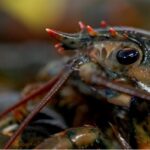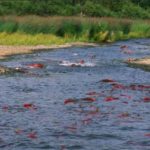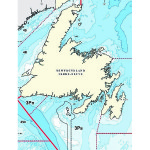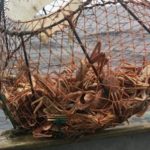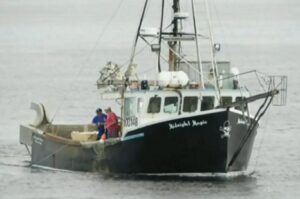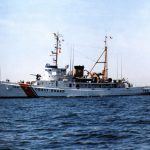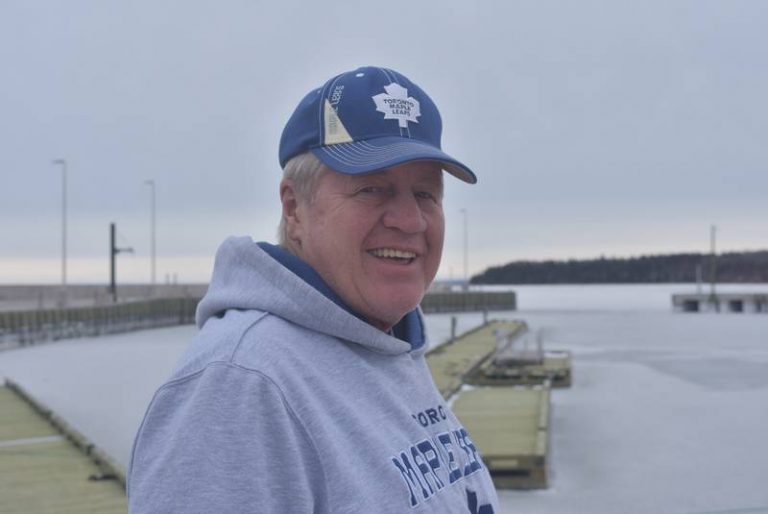
FISH-NL condemns DFO’s discriminatory restriction to latest scientific information on commercial fish stocks
FOR IMMEDIATE RELEASE Friday, Feb. 9th, 2018
The Federation of Independent Sea Harvesters of Newfoundland and Labrador (FISH-NL) condemns a move by the federal Department of Fisheries and Oceans this year to limit access to the release of the latest scientific information on the status of key commercial fish stocks, and calls for a more fair and open process.
“The raw scientific data on the status of commercial stocks such as shrimp, crab, caplin and groundfish should be available for all hands to absorb at one time,” says Ryan Cleary, President of FISH-NL. “This is a huge leap backwards for transparency. It’s critical for inshore harvesters to have access to the most up-to-date scientific data before it’s tainted by political spin.”
DFO holds meetings in late winter/early spring every year to peer review the latest science on individual species. Known throughout the fishing industry as RAP (regional advisory process) meetings, their overall purpose is “to review and challenge the scientific methods, analyses and conclusions in order to develop and provide the best possible science advice to inform management decisions.”
A DFO official has confirmed that this year’s invitations are restricted to “ensure the scientific integrity of the process.”
A number of industry players, including FISH-NL, are not invited, notwithstanding the organization represents more than 3,000 inshore harvesters, and the president served for years on the House of Commons Standing Committee on Fisheries and Oceans.
Instead, DFO plans to hold technical briefings some time after the RAP meetings, followed by fisheries management consultations.
“Those scientific meetings should be broadcast live, so all inshore harvesters have a clear understanding of resource prospects and risks from the scientific perspective,” says Richard Gillett, a Twillingate-based fisherman and Vice-President of FISH-NL.
“The voice of inshore harvesters is no less than that of aboriginal groups, the World Wildlife Fund, the provincial government, or the FFAW. Given the state of commercial fish stocks it’s obvious the system isn’t working.”
Contact Ryan Cleary: 682 4862


































